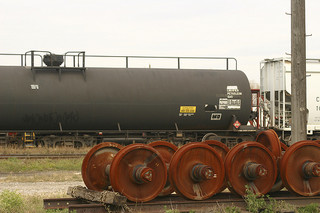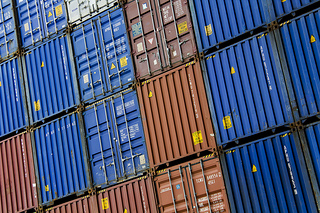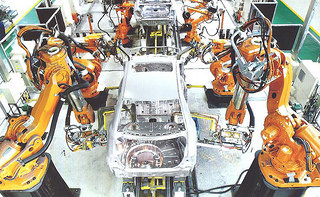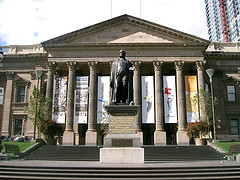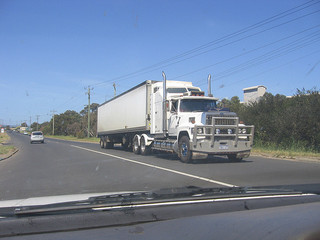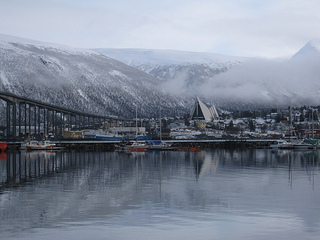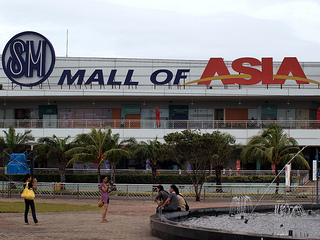Transportation Industry Braces for Next Round of Federal Regulations on Rail Cars

Biannually, officials from the business industry and transportation industry hold a meeting to discuss issues affecting the transportation of raw materials and goods. This year’s meeting, scheduled for Tuesday, September 17 in Bismark, North Dakota, is expected to be consumed with discussion about new federal regulations expected to be handed down by the Obama administration to address safety issues involved with the transportation of large amounts of crude oil on rail tankers. Government inspections have already begun, partially in response to the devastating railroad accident in Canada that occurred when a train full of crude oil smashed into a small town. The Canadian accident involved rail tankers which had left the North Dakota shale oil fields on its way to a Canadian refinery.
New regulations in response to this safety issue have already begun. The U.S. has passed regulations regarding how railroad workers secure trains when parked, especially in regards to rail tankers carrying crude oil. The new regulations are expected to be aimed at the integrity of the tankers, not just the actions of railroad workers. This includes possible regulations on tankers having head shields installed, heavy steel plating on the ends of the tanker cars, and added protection measures around the fittings used to put oil into and out of the tanker car.
According to a speaker for the Federal Railroad Administration, most of the rail cars that will be affected are owned by companies that lease rail cars. Most of the companies that build, own, and maintain their own cars seem to be doing a fairly good job taking care of them and making them safe.
Part of the issues surrounding expected new regulations involves the highly corrosive nature of crude oil in transport. With the vast amount of shale oil now being extracted around the U.S. through fracking procedures, crude oil transport is up significantly. Many of the older rail cars aren’t designed or upgraded to meet new specifications. It is estimated that upgrading each old rail tanker to the new specifications would cost about $25,000.


